#true north bear
Explore tagged Tumblr posts
Text


booger (but polite)
#cheshii art#character design#care bears#gijinka#care bears unlock the magic#care bear#good vibes bear#incorporating boho chic fashion in this was interesting#definitely challenging though#artists on tumblr#true north bear
57 notes
·
View notes
Text

Found a new friend today when out shopping. I couldn't resist! Love his little tartan paws!

Now I have two True North Bears! I have to say, the red and white colour scheme says "Canada" a lot more than the pink. Still, I suppose their nicknames can't be anything other than Bob and Doug :D
23 notes
·
View notes
Text

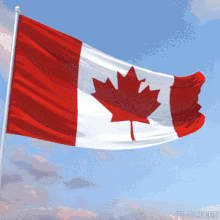

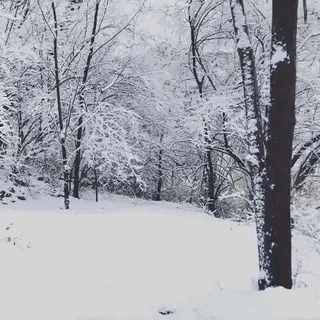

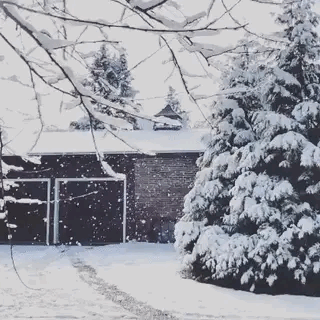

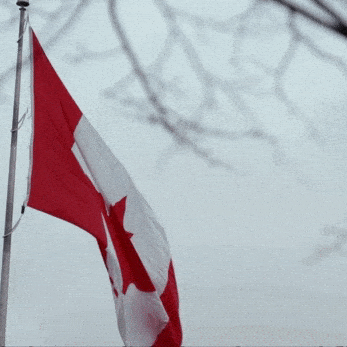

🍁 true north bear 🌨️
for @vampyrefay!
🌨️-🍁-🌨️ / 🍁-🌨️-🍁 / 🌨️-🍁-🌨️
#stim#stimboard#true north bear#care bears#sfw#red#white#pink#canada#canadian flag#snow#drinks#food#strawberries#cakes#desserts#flowers#nature#snowing#weather#knitted stockings#trees#skies#plants#cherries#whipped cream#hands#utensils#care bears unlock the magic#requests
60 notes
·
View notes
Text
Happy Canada Day everyone!🇨🇦🇨🇦🇨🇦

#fanart#art#my works#care bears#carebear fanart#care bears unlock the magic#care bears utm#unlock the magic#true north bear#happy canada day#canada day#🇨🇦#canada 🇨🇦
16 notes
·
View notes
Text

True North Bear! Nice to see Canada get an exclusive.
39 notes
·
View notes
Text




CANADA BEAR CANADA BEAR CANADA BEAR IM SO EXCITED
#care bears#andi shush#true north bear#still cant believe hes real#idk if i want to take him out of his box or leave him in ughhhhhh#we will not talk about how i obtained him and how mhch he cost me#i dont wanna think about it
31 notes
·
View notes
Text
Had a dream, last night, of someone saying my Care Bear wasn't cute
5 notes
·
View notes
Text

IYAM, "Hugs McKenzie" would've been a better name for a Canadian-themed Care Bear.
#Toy Photography#Toy Shopping#Care Bears#True North Bear#Canada#Bob And Doug McKenzie#Things Found At Walmart
3 notes
·
View notes
Text

True North Bear!!
#Care Bears#care bears unlock the magic#bear#teddy bear#canada#true north bear#Maple leaf#plush#plushie
6 notes
·
View notes
Text

Seen this at Wal-Mart He is a Canadian Care Bear! He is True North Bear! 😄😄 🍁🍁
#care bears#care bears 2023#Canada#True North#True North Bear#canadian care bear#naughtygirl286#shannonj286
18 notes
·
View notes
Text
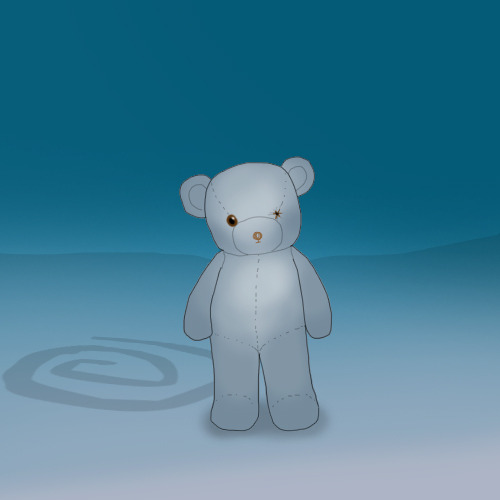
Behbeh
#happy polar bear day#polar bears#national polar bear day#north#arctic#true detective#jodie foster#alaska#ennis#cartoon#teddy bear#illustration#dailybehbeh#behbeh#cute#stuffed animal#art#funny#hbo#night country
23 notes
·
View notes
Text

#cheshii art#character design#fanart#care bears#gijinka#care bears unlock the magic#care bear#true north bear#happy canada day lol
27 notes
·
View notes
Text
Navigating the Trail: How to Use a Map and Compass
Discover essential navigation skills for the trail. We'll show you how to use a map and compass to explore with confidence and stay on track in the great outdoors.
Exploring the outdoors is exciting, but it’s even better with the right tools. A compass is a must-have for hikers and backpackers. It’s simple, doesn’t need batteries, and works with any map. Knowing a few basic compass skills is a great start. Learning to use a map and compass is key for safe outdoor adventures. It helps you navigate trails confidently. By understanding compass parts, magnetic…
#backcountry safety#bearings#compass navigation#Here are 15 keywords for your topic: map reading#hiking tools#magnetic declination#magnetic north#map orientation#navigation skills#orienteering#outdoor navigation#pacing#route planning#true north#wilderness survival
0 notes
Text

Using sun to set up an arrow to true north at the beach, then enabling others to spot with an app on sensorless phone OR by using a simple half or full 360 degrees protractor, that even a kind would have in their schoolbag.
#TRUE NORTH ARROW#painted arrow#beach#sun compass#bearing#spotting#marine spotter#simple compass#spotter
0 notes
Note
According to my coworker who just finished his conservation sciences degree (he's leaving next month to go work at a raptor rehab he's so cool) Polar bears qualify as marine mammals! Is this true?
not in the actual real phylogenetic classification sense of being a mammal that is fully adapted to life in the ocean, no! but they get classified that way for study at least by North American science organizations just because they're way out there on the ice and in the water a lot with the seals, so it's easier to just put them into the marine biologist wheelhouse rather than trying to send terrestrial biologists after them. other arctic countries may treat them differently.
basically, it's just convenient.
1K notes
·
View notes
Text
There is an obvious objection to evolutionary models which assume that our strongest social ties are based on close biological kinship: many humans just don’t like their families very much. And this appears to be just as true of present- day hunter-gatherers as anybody else. Many seem to find the prospect of living their entire lives surrounded by close relatives so unpleasant that they will travel very long distances just to get away from them. New work on the demography of modern hunter-gatherers — drawing statistical comparisons from a global sample of cases, ranging from the Hadza in Tanzania to the Australian Martu? — shows that residential groups turn out not to be made up of biological kin at all; and the burgeoning field of human genomics is beginning to suggest a similar picture for ancient hunter-gatherers as well, all the way back to the Pleistocene. While modern Martu, for instance, might speak of themselves as if they were all descended from some common totemic ancestor, it turns out that primary biological kin actually make up less than 10 per cent of the total membership of any given residential group. Most participants are drawn from a much wider pool who do not share close genetic relationships, whose origins are scattered over very large territories, and who may not even have grown up speaking the same languages. Anyone recognized to be Martu is a potential member of any Martu band, and the same turns out to be true of the Hadza, BaYaka, !Kung San, and so on. The truly adventurous, meanwhile, can often contrive to abandon their own larger group entirely. This is all the more surprising in places like Australia, where there tend to be very elaborate kinship systems in which almost all social arrangements are ostensibly organized around genealogical descent from totemic ancestors. It would seem, then, that kinship in such cases is really a kind of metaphor for social attachments, in much the same way we’d say ‘all men are brothers’ when trying to express internationalism (even if we can’t stand our actual brother and haven’t spoken to him for years). What’s more, the shared metaphor often extended over very long distances, as we’ve seen with the way that Turtle or Bear clans once existed across North America, or moiety systems across Australia. This made it a relatively simple matter for anyone disenchanted with their immediate biological kin to travel very long distances and still find a welcome.
love the idea that humans avoiding their annoying family by moving hundreds of miles away is part of our ancient evolutionary inheritance
5K notes
·
View notes